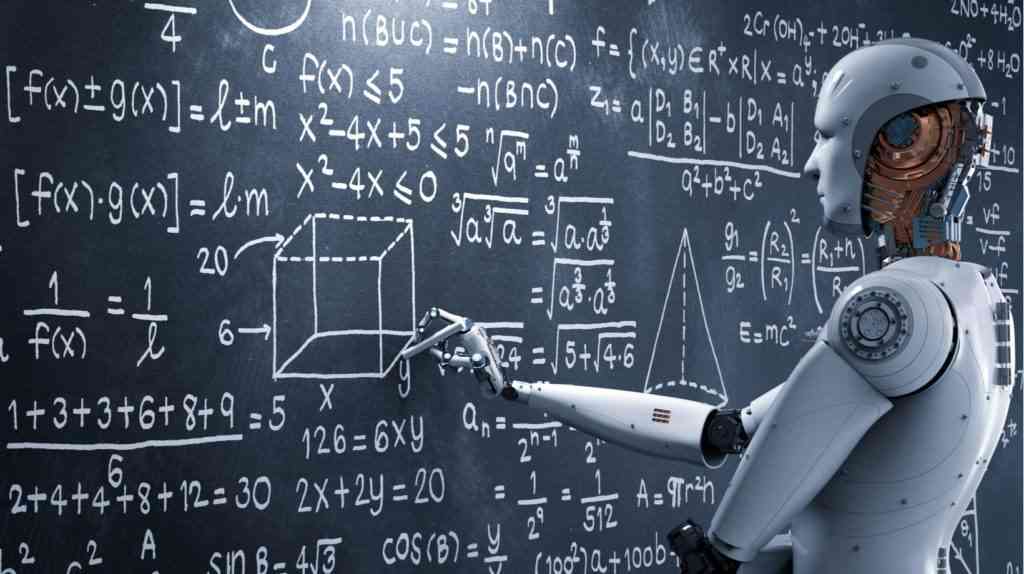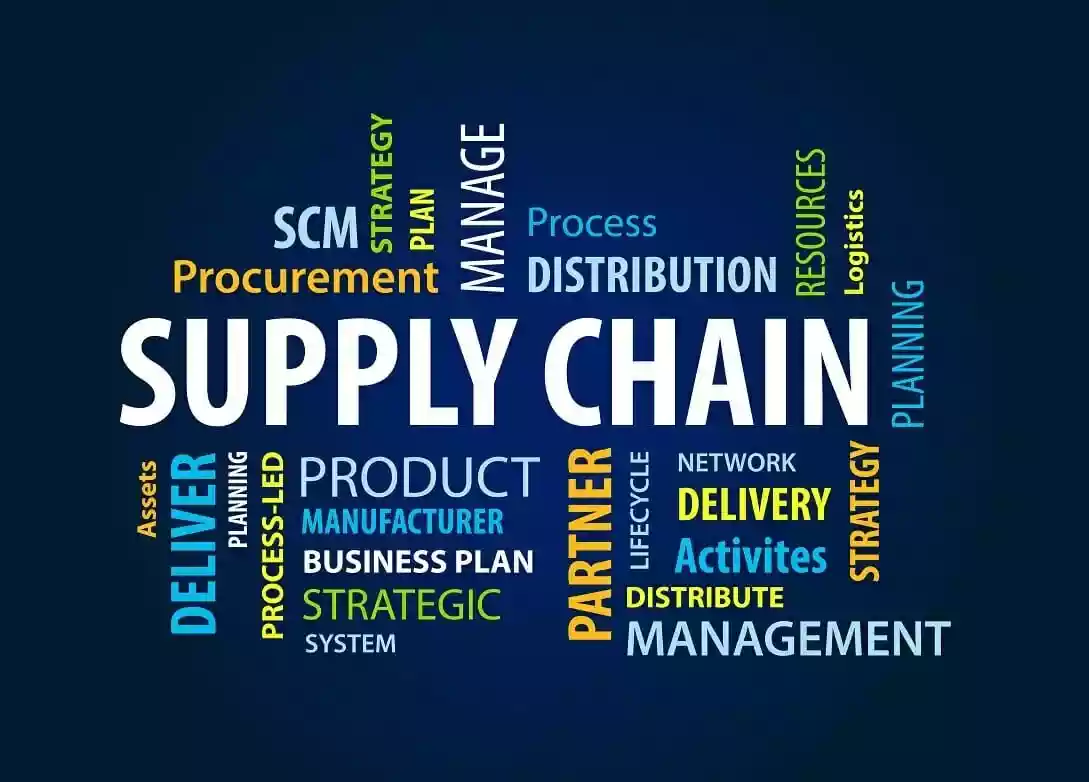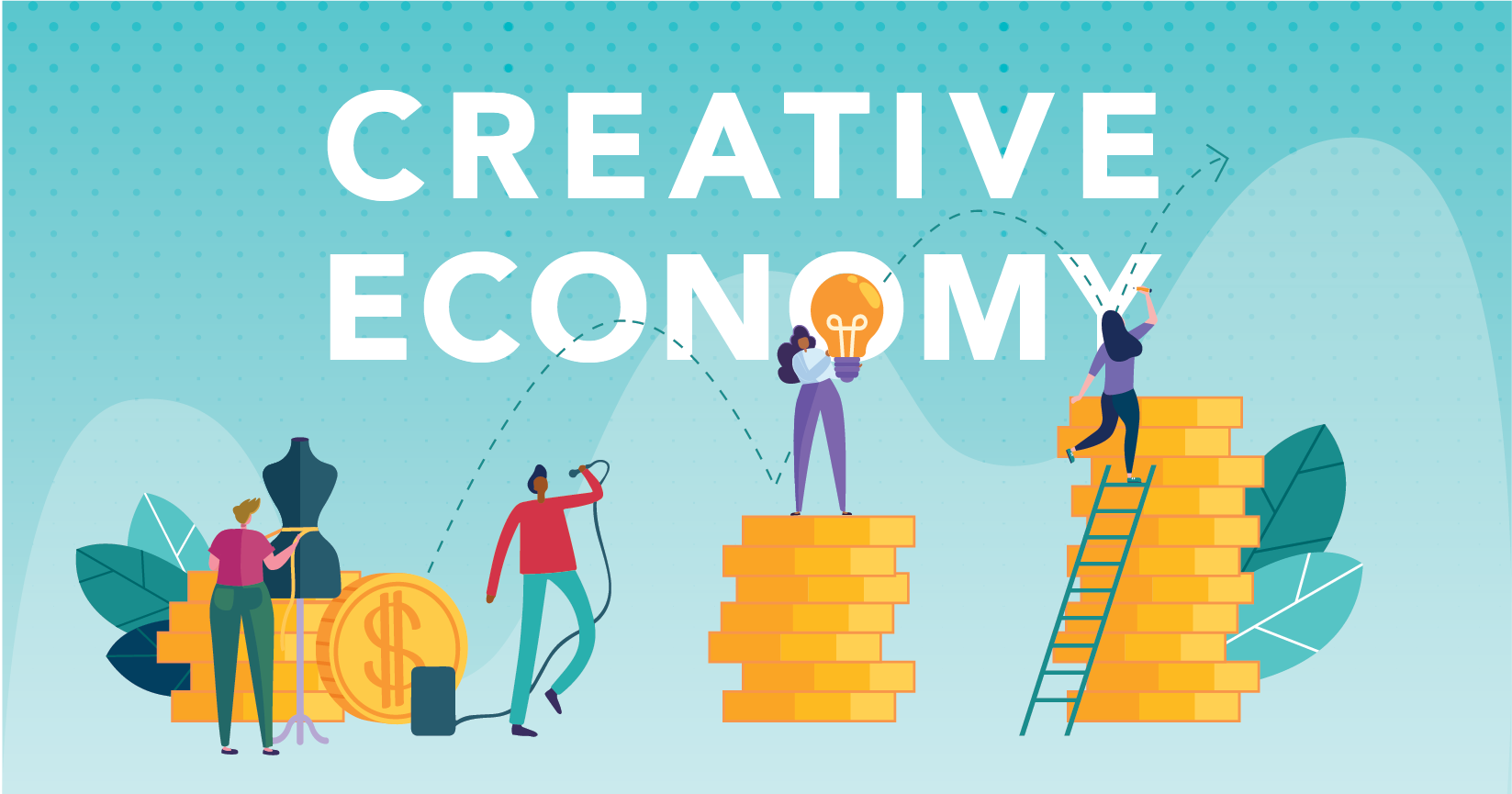
For many years Zimbabweans have been disadvantaged by insufficient professional vocational guidance services for our youngsters. This is due to the difficulties faced by schools in providing trained careers teachers, the insufficiency of professional Vocational Guidance Psychologists, and resources for their services.
This situation has changed dramatically with the sudden availability of inexpensive artificial intelligence resources over the internet.
Students can now seek direct advice on the nature of careers, and on their needs in terms of abilities, interests, aptitudes and educational qualifications for the careers available, not only in Zimbabwe, but worldwide.
This free advice, to those with Internet, will compensate enormously for our lack of professional vocational guidance services.
Advice should nevertheless be enhanced through self-assessment by students using the free resources for testing of their suitability for career possibilities.
Students will need assistance in interpreting the information provided, which is usually aimed at seeking further information for payment.
The good news is that some of the best tests by remarkably well qualified psychologists are available as free incentives. Attempts to receive payment from follow-up enquiries should be restricted by those students who cannot afford the full professional service in Zimbabwe or the expenses of internet services.
AI and career availabilities
- Time running out for SA-based Zimbos
- Sally Mugabe renal unit disappears
- Epworth eyes town status
- Commodity price boom buoys GB
Keep Reading
There are many areas which have suddenly opened up for persons with AI resourcing skills.
The future of AI is a rapidly changing landscape. Present innovations in the field of artificial intelligence are accelerating at such a blazing — fast pace that it’s tough to keep up.
Indeed, artificial intelligence is shaping the future of humanity across nearly every industry.
It is already the main driver of emerging technologies like big data, robotics and IoT (internet of things) and it will continue to act as a technological innovator for the foreseeable future.
Roughly 44 percent of companies in the USA are looking to make serious investments in AI and integrate it into their businesses. Of the 9,130 patents achieved by IBM inventors in 2021, 2,300 were AI-related.
The evolution of AI
AI’s influence on technology is due in part to its impact computing. Through AI, computers have the ability to harness massive amounts of data and use their learned intelligence to make optimal decisions and discoveries in fractions of the time that it would take humans.
AI has come a long way since 1951, when the first documented success of an AI computer program was written by Christopher Strachey, whose checkers program completed a whole game on the Ferranti Mark I computer at the University of Manchester. At present there is no chess player in the world who can beat AI at chess, and Go has also been mastered by the computer.
In 2017, DeepMind introduced AlphaGo Zero, a more powerful version of AlphaGo that learned solely from self-play, without any human data or guidance and presented a more generalized variant that could master chess and shogi as well as Go. AlphaZero achieved superhuman level of play in these three games by defeating world-champion programs Stockfish, Elmo, and AlphaGo Zero within 24 hours of training.
These achievements demonstrate the power and potential of artificial intelligence to learn complex and strategic tasks from scratch.
What industries will AI change?
There is virtually no major industry that modern AI — more specifically, “narrow AI,” which performs objective functions using data-trained models and often falls into the categories of deep learning or machine learning — has not already affected.
That’s especially true in the past few years, as data collection and analysis has ramped up considerably thanks to robust IoT connectivity, the proliferation of connected devices and ever-speedier computer processing.
With companies spending billions of dollars on AI products and services annually, tech giants like Google, Apple, Microsoft and Amazon spending billions to create those products and services, universities making AI a more prominent part of their curricula and for example, the U.S. Department of Defense upping its AI game, big things are bound to happen.
Manufacturing
Manufacturing has been benefiting from AI for years. With AI-enabled robotic arms and other manufacturing bots dating back to the 1960s and 1970s, the industry has adapted well to the powers of AI.
These industrial robots typically work alongside humans to perform a limited range of tasks like assembly and stacking, and predictive analysis sensors keep equipment running smoothly.
Healthcare
It may seem unlikely, but AI healthcare is already changing the way humans interact with medical providers.
Thanks to its big data analysis capabilities, AI helps identify diseases more quickly and accurately, speed up and streamline drug discovery and even monitor patients through virtual nursing assistants. Unfortunately, AI has been wrongly used to de-platform scientists opposed to ineffective and dangerously developed Covid vaccines and to damage the careers of medics proposing health care programs for the elderly with Covid.
Education
AI in education will change the way humans of all ages learn. AI’s use of machine learning, natural language processing and facial recognition help digitize textbooks, detect plagiarism and gauge the emotions of students to help determine who’s struggling or bored. Both presently and in the future, AI can tailor the experience of learning to student’s individual needs.
Customer service
AI tools powering the customer service industry come in the form of chatbots and virtual assistants and are taking over from ill-prepared and exploited humans, in India for example. During a lecture at Northwestern University, AI expert Kai-Fu Lee championed AI technology and its forthcoming impact while also noting its side effects and limitations. Of the former, he warned:
“The bottom 90 percent, especially the bottom 50 percent of the world in terms of income or education, will be badly hurt with job displacement. The simple question to ask is, ‘How routine is a job?’ And that is how likely [it is] a job will be replaced by AI, because AI can, within the routine task, learn to optimize itself. And the more quantitative, the more objective the job is — separating things into bins, washing dishes, picking fruits and answering customer service calls — those are very much scripted tasks that are repetitive and routine in nature. In the matter of five, 10 or 15 years, they will be displaced by AI.”
In the warehouses of online giant and AI powerhouse Amazon, which buzz with more than 100,000 robots, picking and packing functions are still performed by humans — but that will change.
Mohit Joshi, recently told the New York Times, “People are looking to achieve very big numbers.
Earlier they had incremental, five to 10 percent goals in reducing their workforce. Now they’re saying, ‘Why can’t we do it with one percent of the people we have?”
Those with jobs that involve repetitive or routine tasks must learn new skills so as not to be left by the wayside.
Amazon even offers its employees money to train for jobs at other companies.
“One of the absolute prerequisites for AI to be successful in many [areas] is that we invest tremendously in education to retrain people for new jobs,” said Klara Nahrstedt, a computer science professor at the University of Illinois at Urbana–Champaign and director of the school’s Coordinated Science Laboratory.
She is concerned that’s not happening widely or often enough.
Harrison is the managing director and senior consultant with Human Resources (Pvt) Ltd, Internationally Qualified Psychologist, ex Professor, Lecturer at University of Zimbabwe
Tel: 024 2700867, 2700643 Mobile: 0772 400 220; [email protected]; www.hres.co.zw











